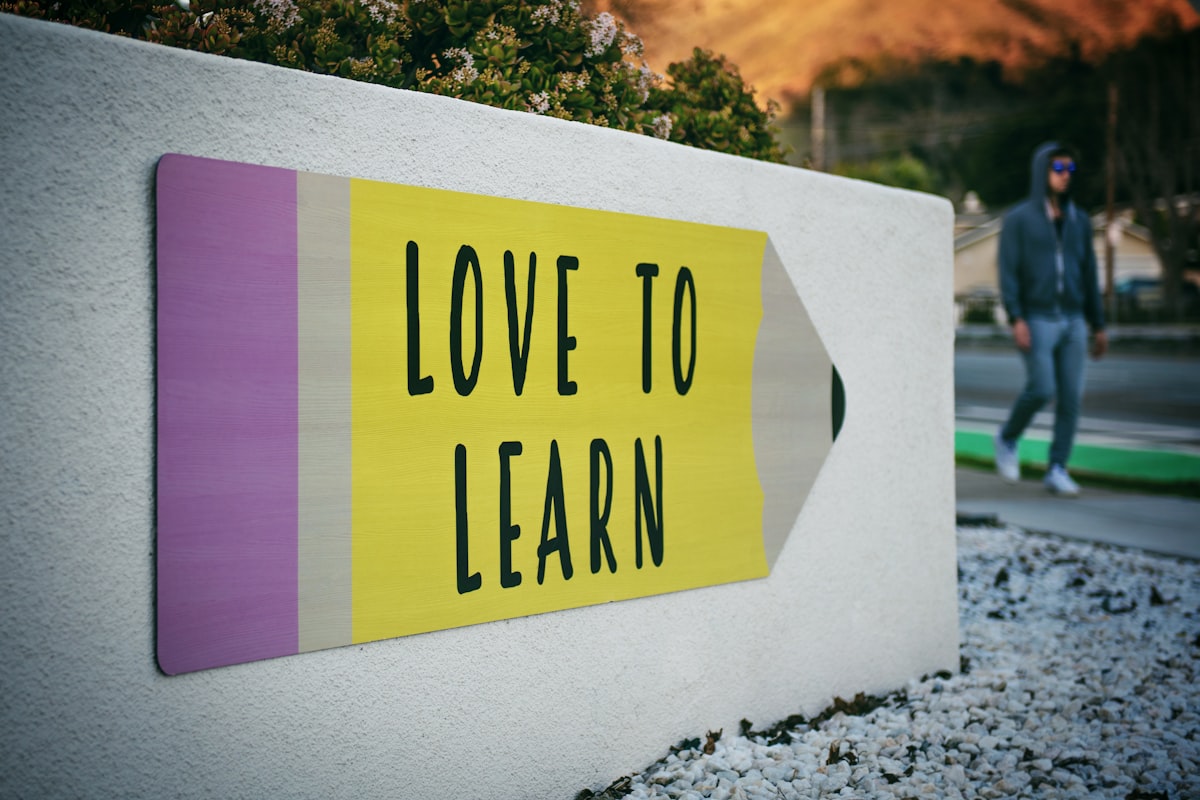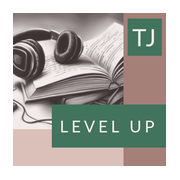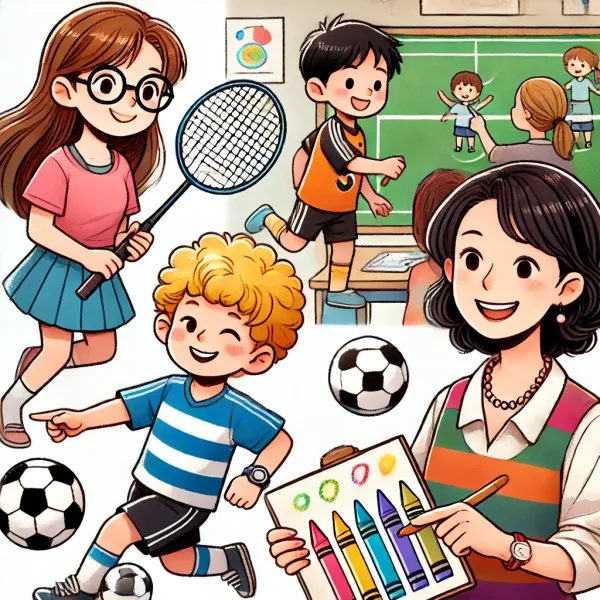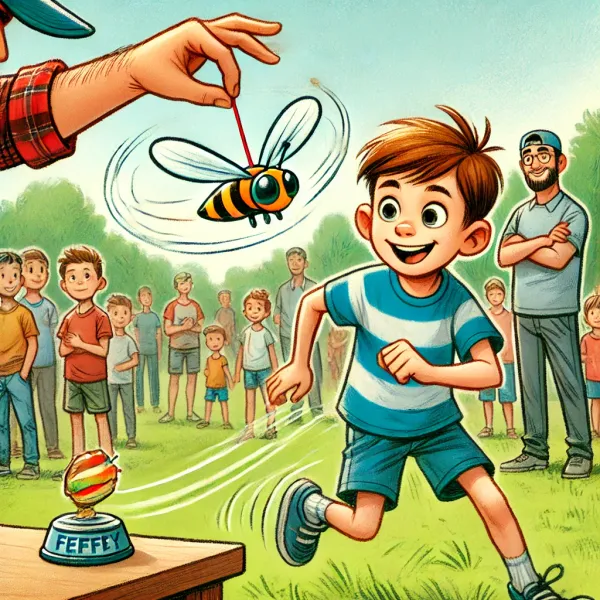Rules Don't Matter in Language Learning
In this video, polyglot and language learning expert Steve Kaufmann argues that rules are not helpful for language learning. Instead, he believes that the brain learns languages through exposure, experience, and patterns.

In this video, polyglot and language learning expert Steve Kaufmann argues that rules are not helpful for language learning. Instead, he believes that the brain learns languages through exposure, experience, and patterns.
Kaufmann cites the work of Manfred Spitzer, a German neuroscientist, who explains how the brain learns. Spitzer argues that the brain is not a computer that follows rules, but rather a pattern-matching machine. When we learn a new language, our brain is constantly looking for patterns in the input we receive. Once it finds a pattern, it stores that pattern in memory and uses it to understand and produce language.
Kaufmann uses a number of examples to illustrate his point. He shows how children learn the past tense of English verbs by listening to and repeating the patterns that adults use. He also shows how text-to-speech technology has evolved from rules-based to pattern-based, and how different languages deal with past tense differently.
Kaufmann argues that language learning should not focus on studying rules, but on allowing words to come in and form connections to meaning, context, synonyms, antonyms, etc. He says that this is how LingQ was designed to deal with this pattern of learning.
If you're interested in learning a new language, I encourage you to watch this video and learn more about Kaufmann's approach to language learning. It's a refreshing change from the traditional grammar-translation method, and it could help you reach your language learning goals faster.
Get line-by-line translations, play a matching game, and earn listening points by clicking the link below.




